Market Analysis
In-depth Analysis of Organic Eggs Market Industry Landscape
The organic eggs market has experienced notable trends in recent years, reflecting a broader shift towards healthier and sustainable food choices. One significant trend is the increasing demand for organic and pasture-raised eggs. Consumers are becoming more conscious of the source of their food, prioritizing animal welfare, and seeking products with minimal environmental impact. This has led to a surge in the popularity of organic eggs from hens raised in free-range or pasture-based systems, where the birds have access to outdoor spaces, natural diets, and humane living conditions.
The rise of health-conscious consumer behavior is influencing the organic eggs market. Consumers are increasingly aware of the nutritional differences between conventional and organic eggs. Organic eggs are perceived as having higher levels of omega-3 fatty acids, vitamins, and minerals, making them a preferred choice for those seeking nutrient-dense food options. This trend aligns with the broader movement towards organic and natural products that contribute to overall well-being.
Transparency and traceability are becoming crucial factors in the organic eggs market. Consumers are seeking information about the production practices, feed quality, and living conditions of the hens that lay the eggs. As a result, there is a growing emphasis on clear labeling, certification standards, and communication of farming practices. Brands that prioritize transparency in their production processes are gaining trust and loyalty from consumers who value knowing where their food comes from.
The market is witnessing an expansion of organic egg products beyond traditional shell eggs. Organic liquid eggs, organic egg whites, and other processed organic egg products are gaining popularity, offering convenience to consumers and catering to diverse culinary preferences. This trend is driven by the demand for organic options in various food preparations, including baking, cooking, and ready-to-eat meals.
Sustainability considerations are playing a significant role in shaping the organic eggs market. Organic farming practices, which prioritize soil health, biodiversity, and reduced use of synthetic inputs, resonate with environmentally conscious consumers. The use of organic feed for hens, coupled with sustainable farming methods, contributes to the overall sustainability narrative. This aligns with the broader movement towards reducing the ecological footprint of food production and consumption.
E-commerce is becoming a notable channel for the organic eggs market. The convenience of online shopping and the ability to access a wider variety of organic egg products have contributed to the growth of e-commerce in this sector. Online platforms enable consumers to explore different brands, compare certifications, and make informed decisions about their organic egg purchases. This trend is particularly significant in regions where access to organic products may be limited in traditional retail settings.
However, challenges persist in the form of price differentials, supply chain complexities, and potential misconceptions about organic farming. Organic eggs often come with a higher price tag compared to conventional eggs due to the cost of organic feed, certification processes, and adherence to organic farming standards. While consumers who prioritize organic choices are willing to pay a premium, price sensitivity remains a consideration for a broader audience. Supply chain complexities, such as ensuring consistent organic feed availability and maintaining organic farming practices, can also impact market dynamics.


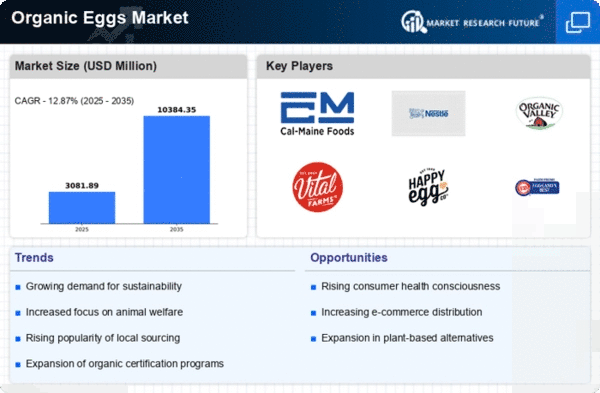
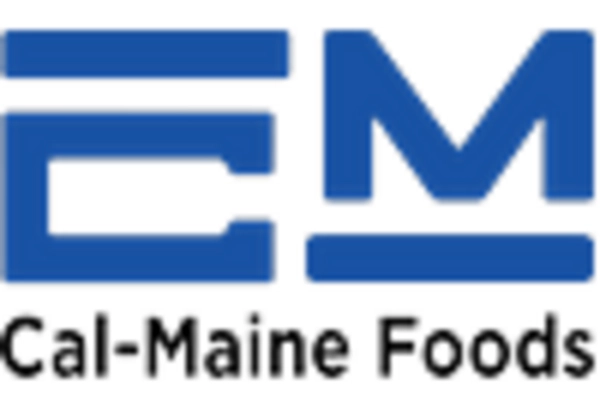
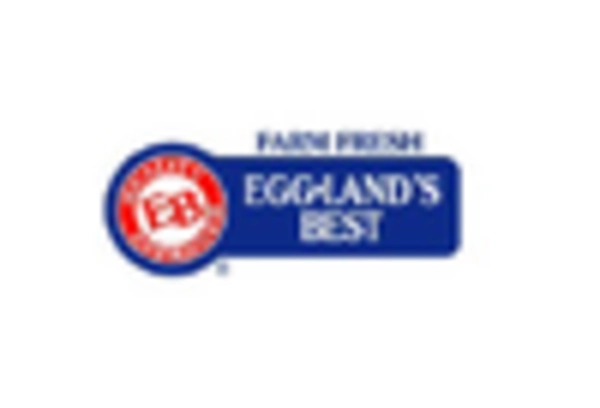


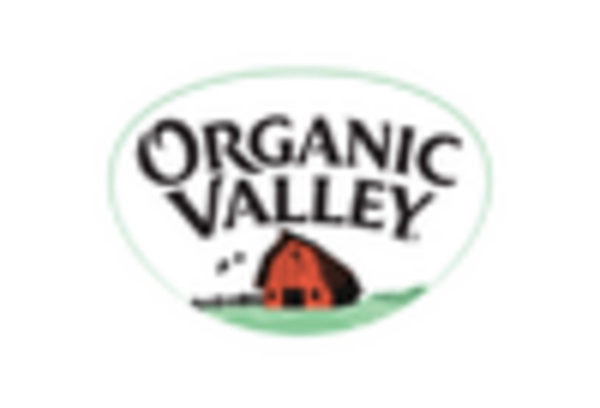
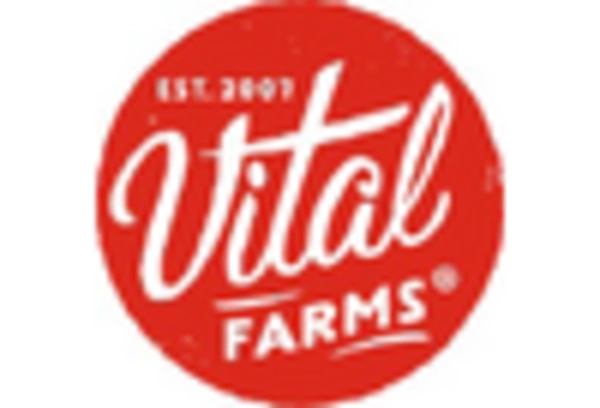









Leave a Comment